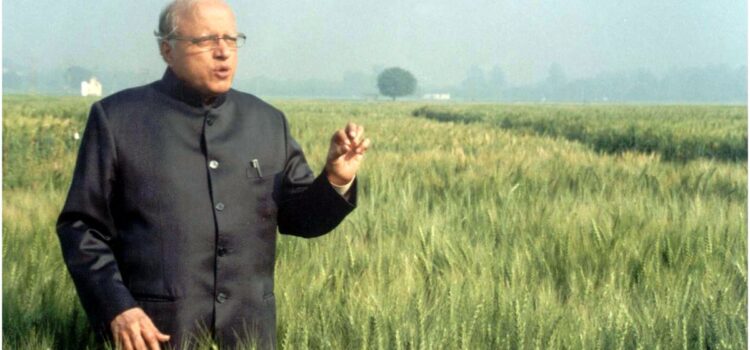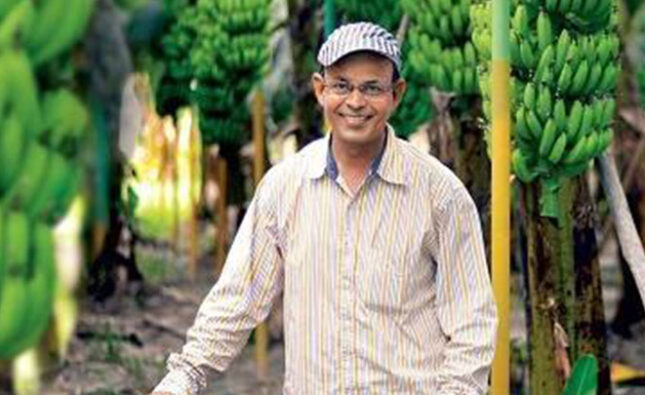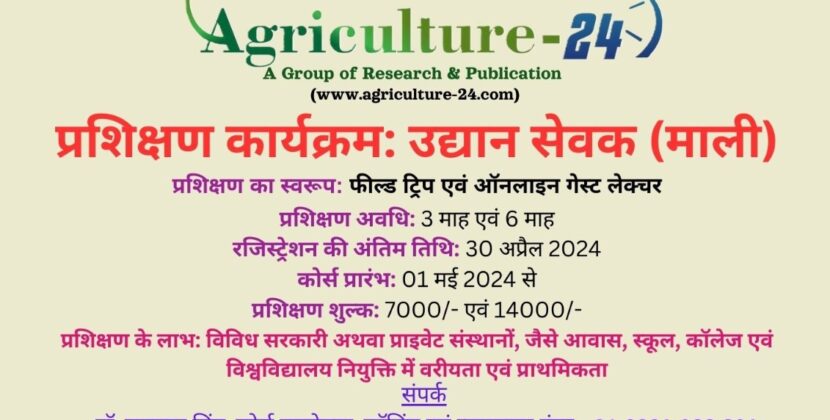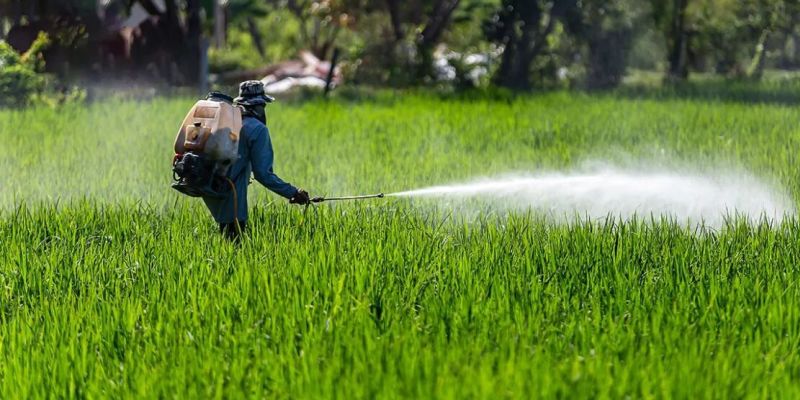Dr. M.S. Swaminathan Father of Green Revolution in India
Dr. Mankombu Sambasivan Swaminathan, commonly known as Dr. M. S. Swaminathan, is an Indian agricultural scientist and geneticist. He is widely recognized for his contributions to the Green Revolution and called father of green revolution India. His effort was improved the agricultural practices and food security. Dr. Swaminathan’s primary contribution lies in his research and development of high-yielding crop varieties.
During the 1960s and 1970s, India was facing severe food shortages and struggling to feed its growing population. Driven by a vision to address this issue, Dr. Swaminathan and his team focused on developing improved varieties of wheat and rice. One of his notable achievements was the development of semi-dwarf wheat varieties.
By crossbreeding traditional wheat varieties with dwarf varieties, Dr. Swaminathan and his team created plants that were shorter in height but produced higher yields. These high-yielding wheat varieties, such as the famous “Kalyan Sona” and “Sonora 64,” helped increase crop productivity significantly and played a vital role in boosting India’s wheat production during the Green Revolution.
Similarly, Dr. Swaminathan worked on developing high-yielding rice varieties that were resistant to diseases and pests. The introduction of these improved rice varieties, such as “IR8” (also known as the “Miracle Rice”), resulted in substantial yield increases, transforming rice production in India.
These efforts in crop improvement and the adoption of modern agricultural practices helped make India self-sufficient in food production and averted the looming food crisis. Dr. Swaminathan’s contributions go beyond crop breeding. He emphasized the need for sustainable agricultural practices, environmental conservation, and empowering farmers.
He advocated for the use of science and technology in agriculture, including the application of biotechnology and genetic engineering to address challenges such as pest control and climate change. Furthermore, Dr. Swaminathan played a crucial role in shaping agricultural policies and institutions in India. He served as the Director-General of the Indian Council of Agricultural Research (ICAR) and played an instrumental role in establishing the National Research Centre for Plant Biotechnology and the National Bureau of Plant Genetic Resources. He has also been involved in several international organizations and initiatives related to agriculture and food security.
Dr. M. S. Swaminathan’s contributions to agriculture have been widely recognized and honored. He has received numerous awards, including the Padma Vibhushan, the World Food Prize, and the UNESCO Mahatma Gandhi Prize for the Advancement of Culture of Peace and Non-Violence. His work continues to inspire scientists, policymakers, and farmers worldwide to strive for sustainable agricultural development and ensure food security for all.






